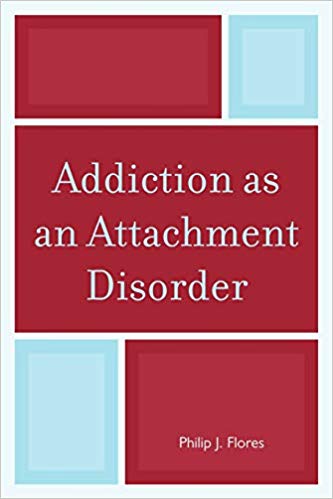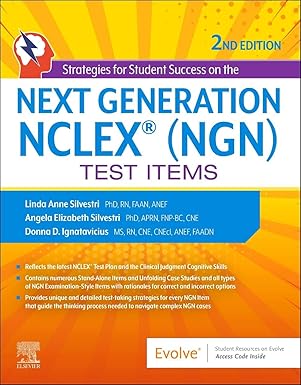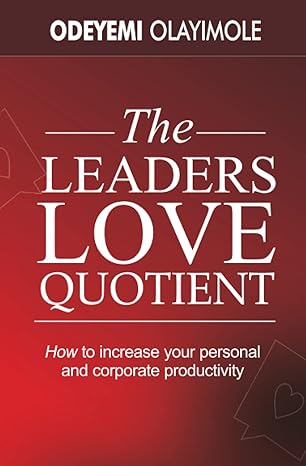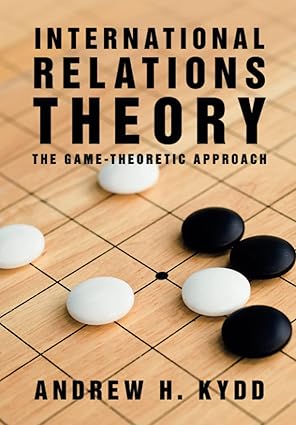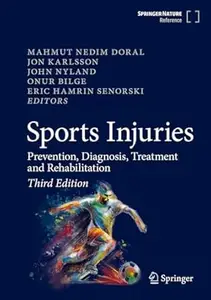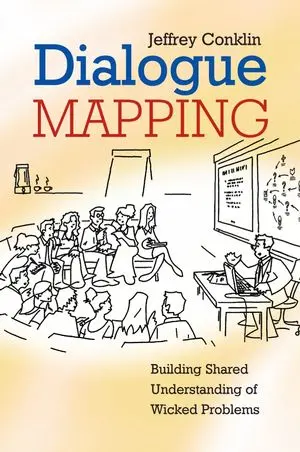From the Foreword:
"Addiction is a disorder in self-regulation. Individuals who become dependent on addictive substances cannot regulate their emotions, self-care, self-esteem, and relationships. In this monumental and illuminating text Philip Flores covers all the reasons why this is so. But it is the domain of interpersonal relations that he makes clear why individuals susceptible to substance use disorders (SUDs) are especially vulnerable. His emphasis on addiction as an attachment disorder is principally important because he provides extensive scholarly and clinical insights as to why certain vulnerable individuals so desperately need to substitute chemical solutions and connections for human ones.
The strength of Flores's paradigm of addiction as an attachment disorder is that it is a theory that effectively and wisely guides treatment, but at the same time, when properly implemented or practiced, the treatment resonates with and further enhances the theory. Flores's work here is an extraordinary one because, in parsimonious and clear language, he makes a major contribution to the literature and practice of effective psychotherapy in general and effective psychotherapy for the addictions in particular. He fills in all the gaps between theory and practice covering wide and ranging issues of what practice and empirical findings have to teach about the critical ingredients of AA, group therapy, and individual psychotherapy. This is a job well done because it helps students and experienced clinicians alike to always be mindful of how they bring their humanity to the distress and suffering of others. His theory of addiction as an attachment disorder makes it particularly clear how especially important this is for those suffering with addictive disorders. "
? Edward J. Khantzian, M.D., clinical professor of psychiatry, Harvard Medical School
A Jason Aronson Book
چکیده فارسی
از پیشگفتار:
"اعتیاد یک اختلال در خودتنظیمی است. افرادی که به مواد اعتیاد آور وابسته می شوند نمی توانند احساسات، مراقبت از خود، عزت نفس و روابط خود را تنظیم کنند. فیلیپ فلورس در این متن به یاد ماندنی و روشنگر همه دلایل اینگونه را پوشش می دهد. اما این حوزه روابط بین فردی است که او روشن می کند که چرا افراد مستعد ابتلا به اختلالات مصرف مواد (SUDs) به ویژه آسیب پذیر هستند.تاکید او بر اعتیاد به عنوان یک اختلال دلبستگی اساساً مهم است زیرا او بینش های علمی و بالینی گسترده ای را در مورد چرایی آسیب پذیری های خاص ارائه می دهد. افراد به شدت به جایگزینی محلول ها و اتصالات شیمیایی به جای محلول های انسانی نیاز دارند.
نقطه قوت پارادایم اعتیاد فلورس به عنوان یک اختلال دلبستگی این است که نظریه ای است که به طور موثر و عاقلانه درمان را هدایت می کند، اما در عین حال، زمانی که به درستی اجرا یا تمرین شود، درمان با آن طنین انداز شده و نظریه را بیشتر تقویت می کند. کار فلورس در اینجا فوقالعاده است، زیرا با زبانی ساده و روشن، او سهم عمدهای در ادبیات و عملکرد روان درمانی مؤثر به طور کلی و روان درمانی مؤثر برای اعتیاد به طور خاص دارد. او تمام شکافهای بین تئوری و عمل را پر میکند و موضوعات گسترده و گستردهای را در مورد آنچه تمرین و یافتههای تجربی باید در مورد اجزای حیاتی AA، گروه درمانی، و رواندرمانی فردی آموزش دهد، پر میکند. این کار به خوبی انجام شده است، زیرا به دانشجویان و پزشکان باتجربه کمک می کند تا همیشه مراقب باشند که چگونه انسانیت خود را در رنج و رنج دیگران می آورند. تئوری او در مورد اعتیاد به عنوان یک اختلال دلبستگی به ویژه این را روشن می کند که این موضوع برای کسانی که از اختلالات اعتیادی رنج می برند چقدر اهمیت دارد. "
? ادوارد جی. خانتسیان، دکترای بالینی، استاد بالینی روانپزشکی، دانشکده پزشکی هاروارد
کتاب جیسون آرونسون
ادامه ...
بستن ...
Ebook details:
عنوان: Addiction as an Attachment Disorder
نویسنده: Medicine & Health Science Books @ Amazon.com
ناشر: English
زبان: 9780765709059
شابک: 978-0765709059, 0765709058
حجم: 80 Mb
فرمت: ُScanned pdf
ادامه ...
بستن ...
